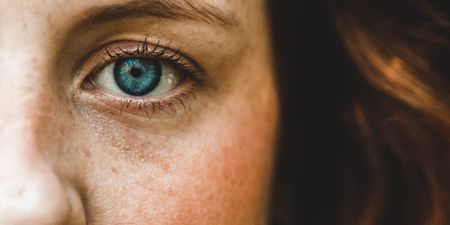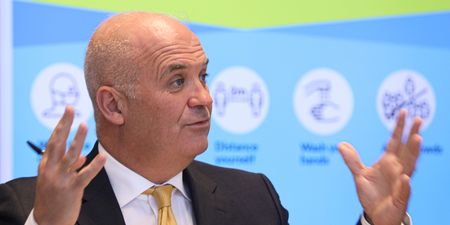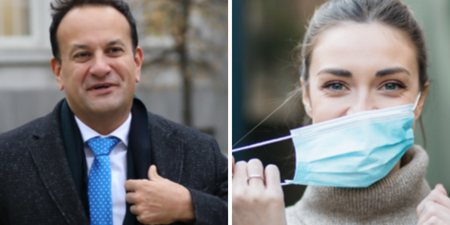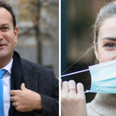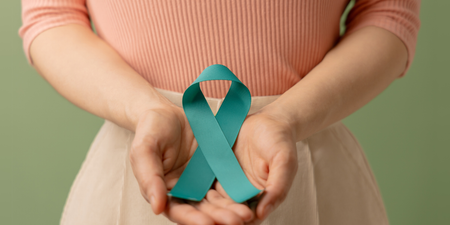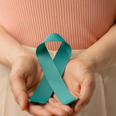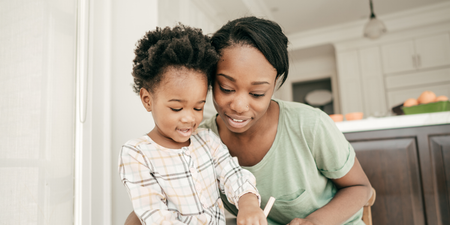Masks – we’re all wearing them at this stage, aren’t we?
Sure, nobody enjoys inhaling in their own breath for an hour while at the shops or on the bus but it definitely beats having to wait until 2030 to be able to go on a foreign holiday.
What we’ve heard about masks up to now is that by wearing one you’re protecting someone else, rather than yourself.
But a new report could put paid to the idea that a mask doesn’t benefit the wearer.
It’s now been suggested that wearing a mask could have a big effect on how you experience coronavirus yourself.
Wearing a mask reduces the amount of virus that gets into your system, according to a report by researchers at the University of California.
What this means, they say, is that you may get coronavirus but much less severely than otherwise. Your symptoms will be milder, they add, which could lead to more community or ‘herd’ immunity.

It’s all to do with the notion that wearing a mask reduces the amount of droplets that you take in, leading to a less acute form of the illness that your immune system has a better chance of fighting.
The report cites a study carried out with hamsters exposed to the virus through masks. It also references the fact that people quarantined on cruise ships during the pandemic, where face masks were mandatory, experienced milder symptoms when they did get sick.
The researchers are adamant that masks can make a big difference.
“You will get in a lower dose of virus if you wear a mask and are exposed to Covid-19 and are very likely to have mild or no symptoms,” report co-author Monica Gandhi told The Times.
While this is far from fully proven, it’s just another good reason to make sure you have a face covering on if you’re out and about over the weekend.




